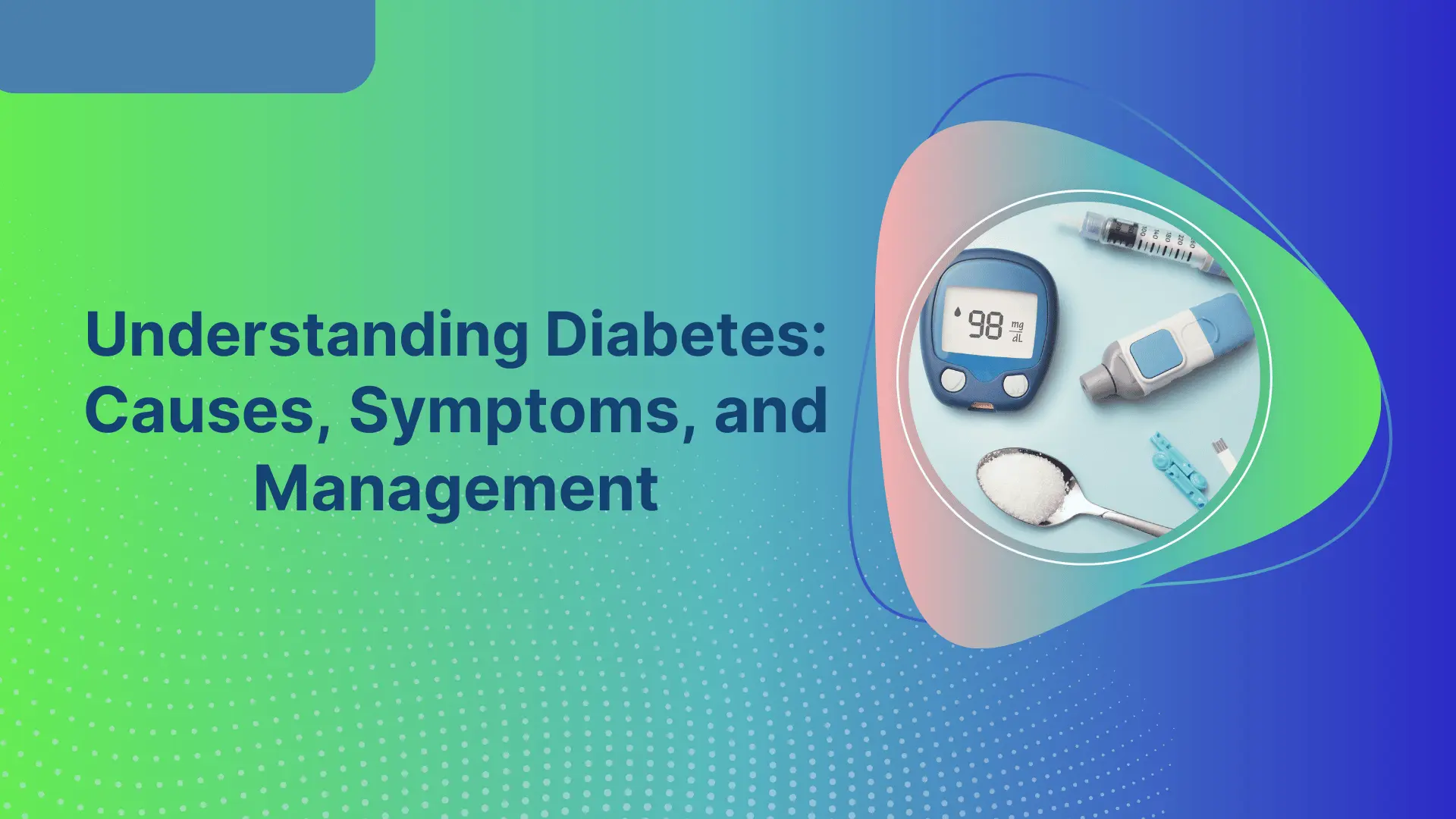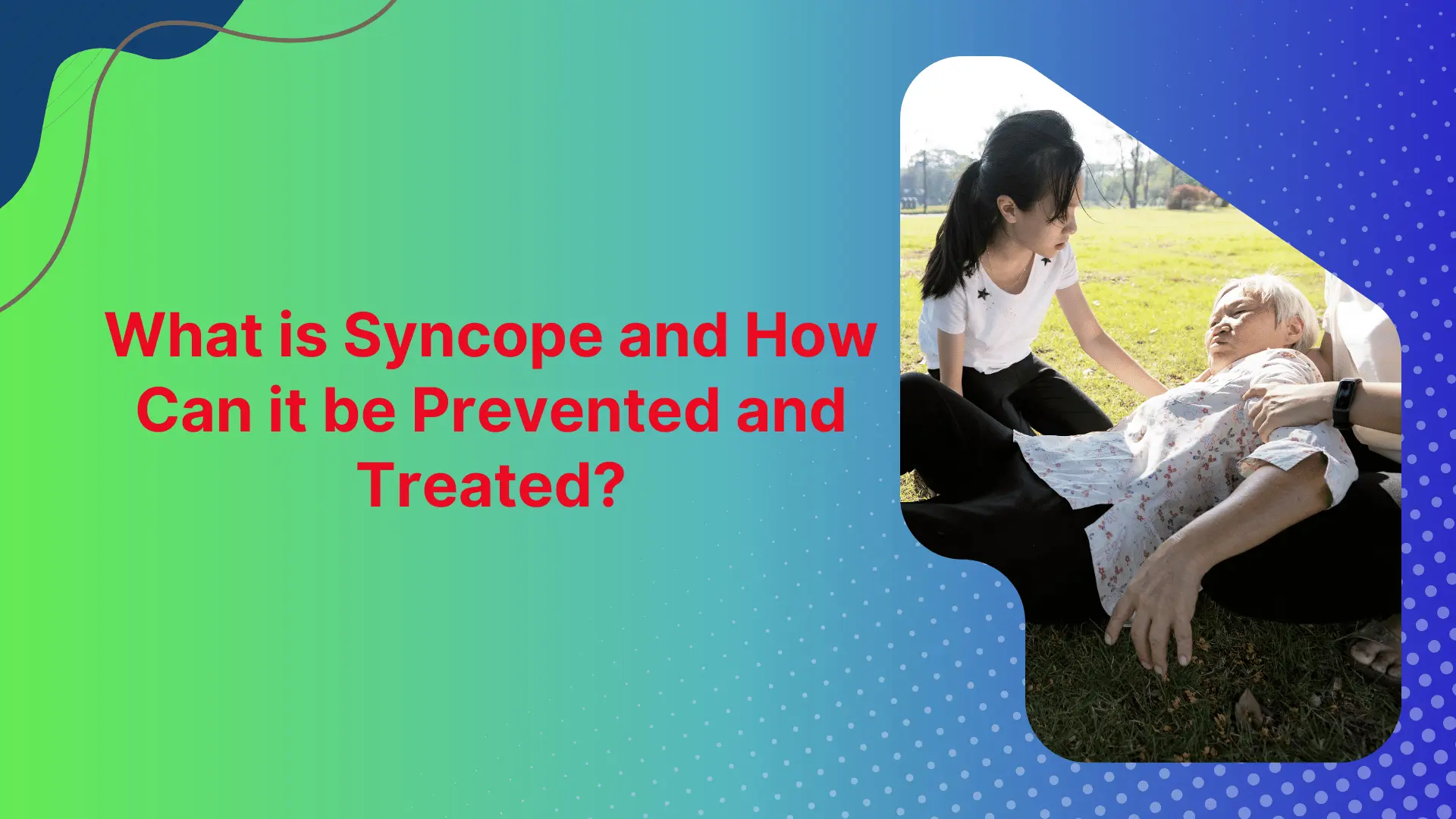
- January 25, 2025
- Hrudayam Clinic
- 0
What is Thyroid Disease?
Types of Thyroid Disease
There are how many types of thyroid disease, and each comes with its own characteristics:
- Hypothyroidism : This condition occurs when the thyroid gland is underactive, leading to insufficient hormone production. Common thyroid symptoms in female and male can include fatigue, weight gain, cold intolerance, and depression.
- Hyperthyroidism : In contrast, hyperthyroidism results from an overactive thyroid, producing excess hormones. Symptoms can include weight loss, rapid heartbeat, increased appetite, and anxiety.
- Hashimoto’s Thyroiditis : An autoimmune disorder where the immune system attacks the thyroid, leading to hypothyroidism. It often goes undiagnosed until symptoms manifest.
- Graves’ Disease : Another autoimmune disorder, Graves’ disease leads to hyperthyroidism and is characterized by symptoms like bulging eyes and heat intolerance.
- Thyroid Nodules : These are lumps in the thyroid gland that can be benign or malignant. While many nodules do not cause symptoms, some can lead to hormonal imbalances.
- Thyroid Cancer : This relatively rare type of cancer can develop in the thyroid gland and may present as a lump or swelling in the neck. Early detection is key for effective treatment.
In total, there are several thyroid types that can affect health, each requiring specific attention and care.
How Common is Thyroid Disease?
What are the Symptoms of Thyroid Disease?
Symptoms of thyroid disease can vary widely based on the specific condition and the hormones involved. Common symptoms include:
- Hypothyroidism : Fatigue, weight gain, sensitivity to cold, dry skin, hair loss, constipation, depression, and muscle weakness.
- Hyperthyroidism : Weight loss, increased heart rate, anxiety, tremors, heat intolerance, excessive sweating, and frequent bowel movements.
- Hashimoto’s and Graves’ Disease : These autoimmune disorders may present with additional symptoms, such as goiter (enlarged thyroid), changes in menstrual cycles, and eye problems (in the case of Graves’).
It’s important to note that thyroid symptoms in female and thyroid symptoms in male can sometimes differ, with women often experiencing more pronounced hormonal fluctuations. Symptoms can develop gradually, making them easy to overlook or attribute to other factors.
What are the Risk Factors for Thyroid Disease?
Several causes of thyroid disease may increase the likelihood of developing thyroid disorders, including:
- Gender : Women are more prone to thyroid disorders than men, especially during pregnancy or menopause.
- Family History : A personal or family history of thyroid disease or autoimmune disorders increases the risk.
- Age : The risk of thyroid problems rises with age, particularly for individuals over 60.
- Autoimmune Disorders : Conditions like rheumatoid arthritis, lupus, or type 1 diabetes can heighten the risk of developing thyroid disease.
- Radiation Exposure : Previous exposure to radiation, especially in the neck area, may increase the likelihood of thyroid disorders.
- Iodine Intake : Both excessive and insufficient iodine intake can lead to thyroid dysfunction.
How is Thyroid Disease Treated?
When it comes to how to cure thyroid disease, treatment options vary depending on the type and severity of the condition. Common approaches include:
- Medications : Hypothyroidism is typically treated with synthetic thyroid hormone replacement, such as levothyroxine. Hyperthyroidism may be managed with antithyroid medications, beta-blockers, or radioactive iodine.
- Surgery : In cases of thyroid nodules or cancer, surgical removal of part or all of the thyroid may be necessary.
- Lifestyle Changes : A balanced diet, regular exercise, and stress management can support thyroid health. Monitoring iodine intake may also be beneficial.
- Regular Monitoring : Individuals with thyroid disease often require regular check-ups and blood tests to monitor hormone levels and adjust treatment as needed.



